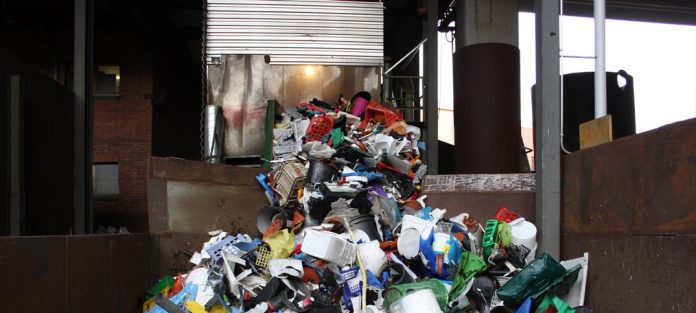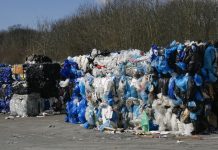With demand currently outstripping supply, particularly for food grade packaging plastics, many FMCGs, manufacturers and converters are finding sourcing the feedstock they require to hit regulatory and sustainability goals challenging.
Sourcing recycled resins in a growing, opaque, and increasingly competitive market has proven to be difficult across the packaging sector. Driven by regulation and consumer pressure, it remains one of the industry’s most pressing challenges.
To assist the industry, ICIS has developed the Recycling Supply Tracker that allows companies looking to source recycled plastic to quickly gain a comprehensive view of the sector and identify new supplier relationships, as well as take a strategic view on existing and announced projects. The global database provides information on production capacities, output volumes, feedstock source and site status, and is designed to bring transparency and support the transition to a circular economy.
Follows four grades of recycled plastic
The Recycling Supply Tracker follows four grades of recycled plastic – high-density polyethylene (HDPE), low-density polyethylene (LDPE), polyethylene terephthalate (PET), and polypropylene (PP) – in pellet, flake and regrind forms. The tracker has details on more than 1800 medium and large recycling facilities around the world.
The Recycling Supply Tracker has information on where the plants are located, what products they produce, and how much of those products they produce, as well how to contact them. Interactive filters allow the search to be narrowed by region, particular country, or a specific product. It also shows whether the plant is in operation, under construction, or announced. Further filters on specifics such as product colour and its feedstock source are also available, giving users the most comprehensive view of recycled plastics market.
„We bridge the gap“
“The tracker is designed to help companies source recycled resins globally, tackling one of the biggest challenges we know the industry is facing,” Louise Boddy, Head of Strategy – Sustainability at ICIS said. “We bridge the gap between companies’ sustainability targets and actually finding supplies of recycled plastic on the ground in markets that remain fragmented and unfamiliar to many. Our recycling analysts scour the world to find recycling plants that can support the circular economy and help those who want to increase their use of these environmentally friendly materials.”
Even in Europe, where regulators are pushing the hardest for circularity of plastics, it is becoming clear that not enough recycled material is available to hit these targets. And many consumer brands have even more aggressive targets than the regulation. Seeing the extent and location of the world’s recycling infrastructure with this tool enables regulators, investors and companies to see where the capacity is lacking and how fast it is being built. Having on the ground data is a crucial step to stimulating this sector and bringing more waste plastic back into the economy.
Source: ICIS






